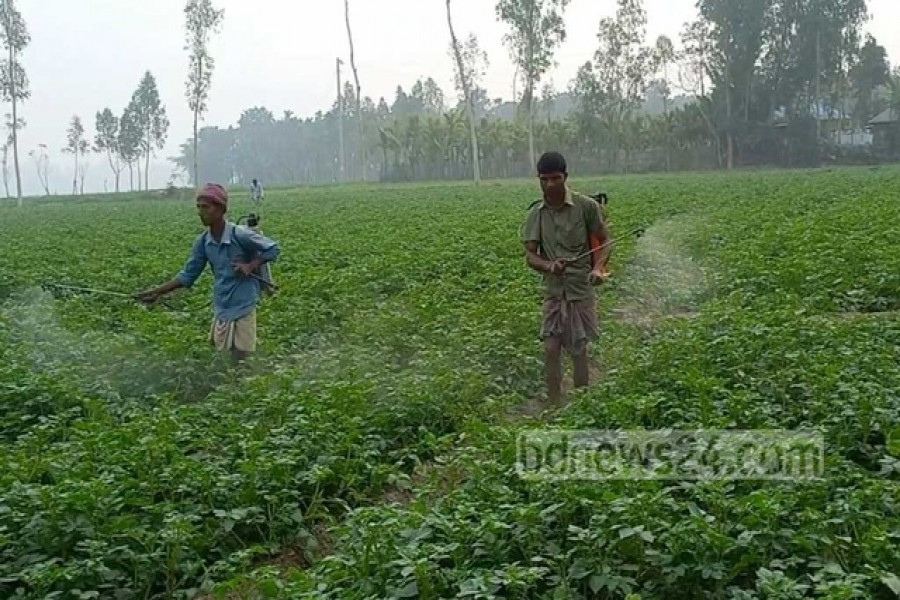Bangladesh and the World Bank have signed a $120 million financing agreement to improve production of irrigated agriculture and fisheries and increase the incomes of 170,000 poor people vulnerable to climate change, bdnews24.com reports.
By modernising flood management, drainage and irrigation infrastructure, the Climate-Smart Agriculture and Water Management Project will improve climate resilience, the World Bank said in a statement on Thursday.
“Bangladesh’s success is well-rooted in the agriculture sector. With a large population and scarce arable land, it is a major accomplishment for the country to achieve its level of food production today. But climate change and increased natural disasters pose threat to food security,” said Dandan Chen, acting World Bank country director for Bangladesh and Bhutan.
“The project will help Bangladesh sustain food security by protecting crops and fisheries through better flood management, irrigation and drainage systems with active participation of local communities, and with particular emphasis on regulating the excess water during the monsoon and water deficits in the post-monsoon.”
The project will rehabilitate 19 flood management, irrigation and drainage schemes in poor and climate vulnerable areas and provide training to 100,000 farmers on climate-smart agricultural technologies, diversification of crops, and post-harvest management.
Cold storage facilities will be set up to support rice, fish and shrimp farming and efforts will be made to improve local markets.
The World Bank estimates this will raise the productivity of fisheries by almost 37 percent, vegetables by 10 percent and rice by 7.5 percent.
The credit is from the World Bank’s International Development Association, and has a 35-year term, including a five-year grace period.


